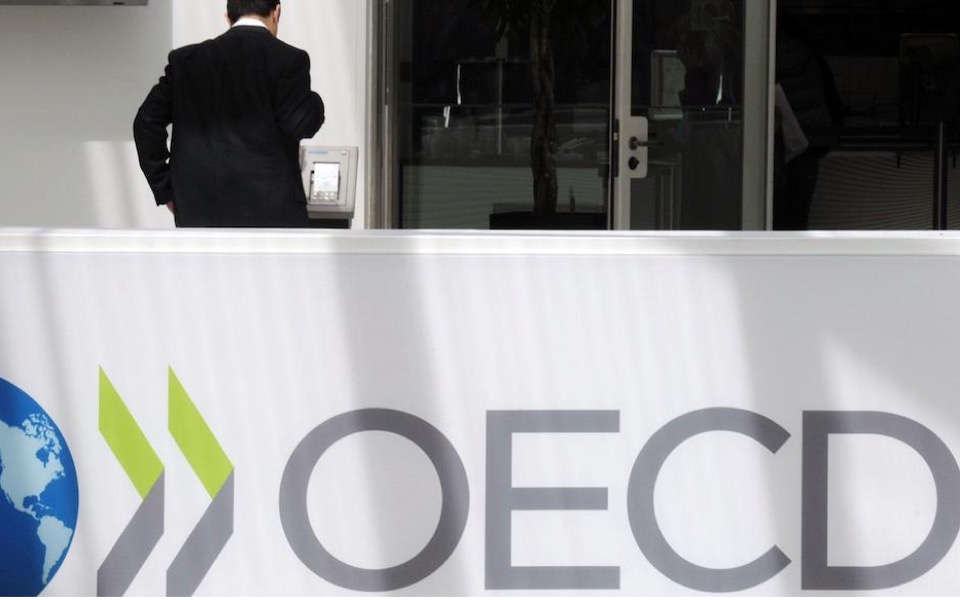OECD and PBO express doubts about Greek budget

Both the OECD and the Parliamentary Budget Office highlighted on Tuesday certain threats to the achievement of Greece’s 2023 fiscal targets due to possibly higher energy prices, interest rate increases and the elections, casting a shadow on the optimistic image of the budget a day after it was filed. According to the Organization for Economic Cooperation and Development, a potential fiscal failure could also delay the achievement of investment grade.
In its opinion on the draft budget report, the PBO notes it considers the achievement of this year’s fiscal target safe, but identifies significant uncertainties for next year’s target. In particular, PBO head Frangiskos Koutentakis, points out the following: “The uncertainties mainly concern international developments, especially energy prices and the level of lending rates, which can overturn both macroeconomic and fiscal forecasts and require corrective actions.”
“We also highlight the political risk that can come from the possible difficulties of forming a government due to political affiliations and the heightened climate,” he added.
For its part, the OECD World Economic Outlook report highlights the risk of strong fiscal pressures in the second half of the year, should energy prices be higher than forecast or remain high in the second half, requiring further support measures. In such a case, according to the OECD, the investment grade is at risk and the Greek state’s access to financing will become more expensive and more difficult. The report also points out that spreads between German and Greek bonds have widened over the past year more than in other countries.
As the OECD notes, the government supported households and businesses with “generous eligibility criteria” in 2022. Their continuation in the first half of 2023 will cost the budget 1% of GDP, while the related budget reserve is 0.5% of GDP.
Among the risks, it also lists the possibility of stricter sanctions on oil exports from Russia, which could hit the relative revenues of Greek shipping, which came to 1.6% of total shipping revenues in 2021.
The OECD report also argues that rising interest rates and uncertainty will slow investment, despite aid from the Recovery Fund. It predicts a rise in investments in 2023 of only 2.7%, against a budget forecast for a 15.5% increase.





